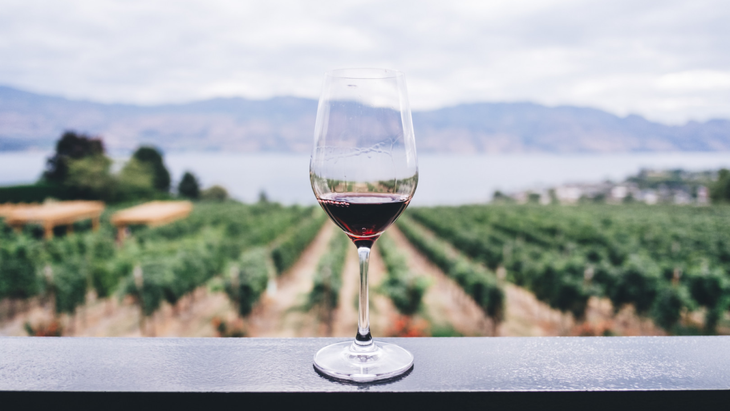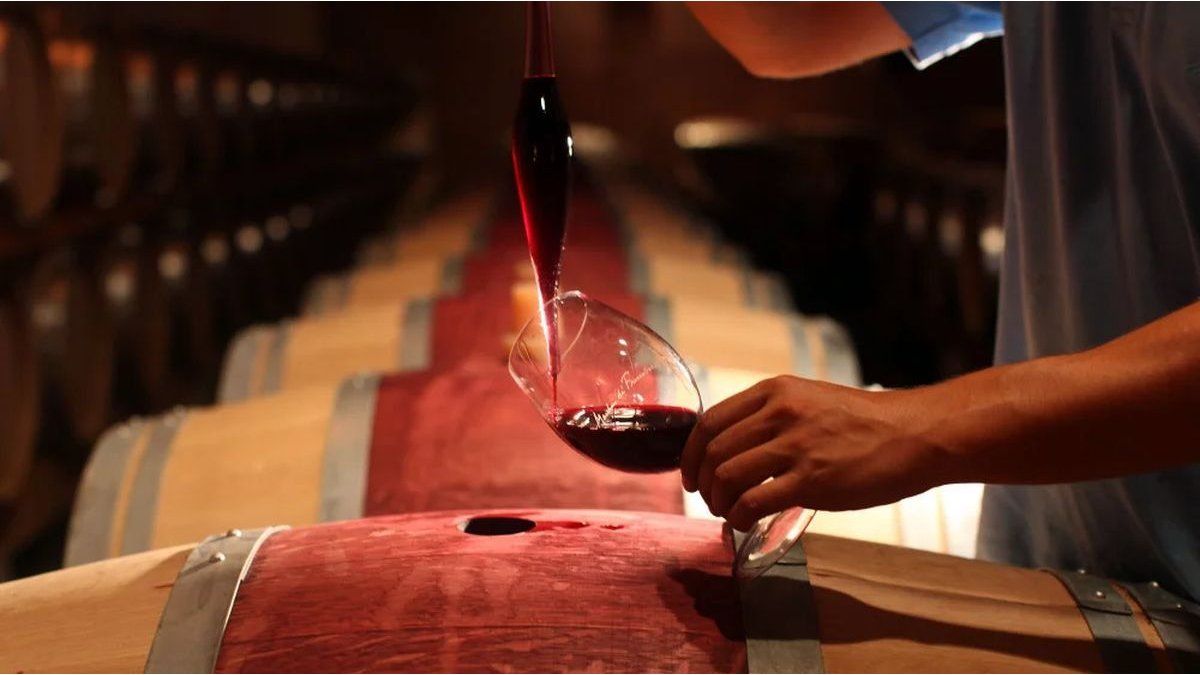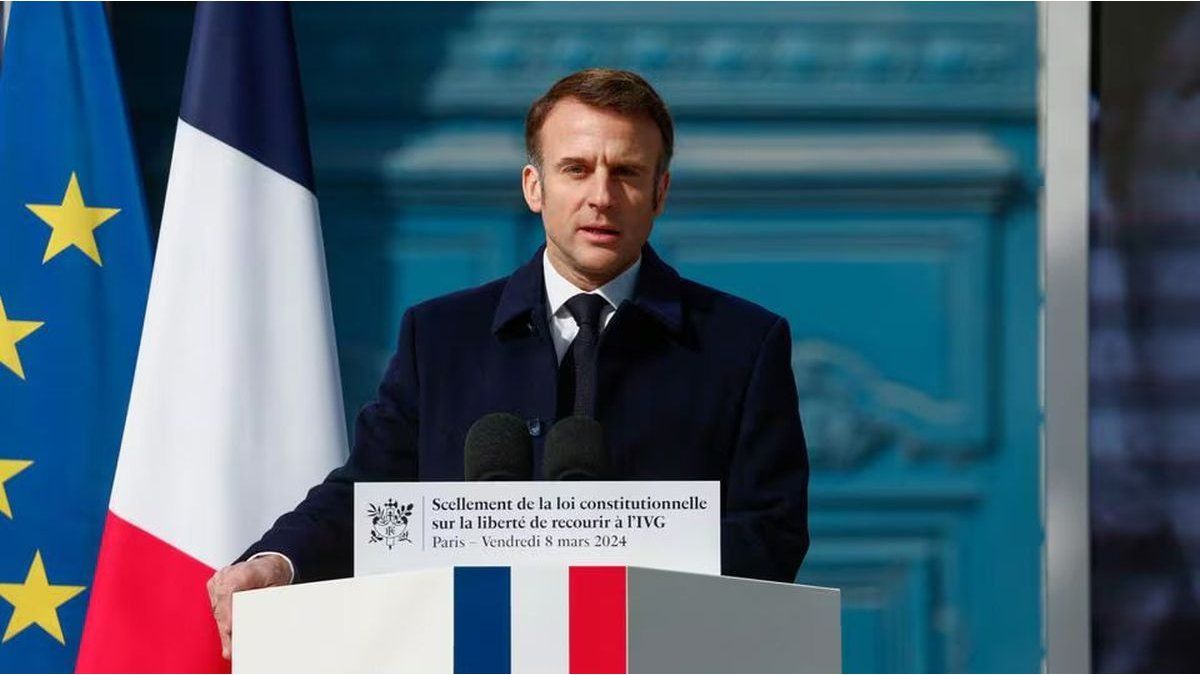This measure allows the fermentation of conserved musts through physical and/or chemical methods, a practice so far prohibited in Argentina. However, given the rejection of grape producers, the norm was suspended until September.
He National Institute of Vitiviniculture (INV) unleashed a strong controversy in the wine industry with the recent resolution 6/2025, which enables the call “Deferred fermentation”. This measure allows the fermentation of conserved musts through physical and/or chemical methods, a practice so far prohibited in Argentina. However, Given the rejection of grape producers, the norm was suspended until September.
The content you want to access is exclusive to subscribers.
What implies deferred vinification?
Traditionally, the wine law (14,878) demands that the wine come from the fermentation of fresh grapes. Until now, the wineries were obliged to make the drink immediately after receiving the grapes. With the new regulations, which was suspended, they can postpone fermentation using desulfite sulfite must, which gives them greater flexibility to adapt to market conditions.


According to the INV, this practice will allow producers and industrialists to better manage their times and balance the offer to possible climatic problems. However, the vineyards affirm that the measure only benefits the wineries, since they continue to deliver their grapes in specific times without the possibility of deciding on winemaking.
Argentine wine

The rejection of producers
From the Association of Vineyards of Mendoza they expressed their opposition, claiming that the resolution contradicts the wine law and puts the stability of the market at risk. Sebastián Lafalla, producer of the Uco Valley, warned that deferred fermentation could industrialize the process and distort the authenticity of Argentine wine. “If we accept this, we will have wine factories such as soda,” he said.
The voices in favor
Some industry referents, such as Alejandro Vigil, president of Wines of Argentina, supported the measure. “It gives us tools to compete better internationally,” he said. Rogelio Rabino, oenological director of Finca Flichman, explained that this practice is common in Portugal and could help maintain fresh wines, especially in the cheapest segments.
Postponement
Given the growing controversy, Mendoza Production Minister Rodolfo Vargas Arizu announced that the application of the regulations will be suspended until September, an issue that was confirmed today in the Official Gazette through Resolution 7/2025.
Vargas Arizu argued that, although technically beneficial, it is not the right time for its implementation due to the ongoing harvest and the grape overaft that affects the producers.
The debate on deferred winemaking is still open. While the wineries see it as an opportunity to modernize the industry, the vineyards fear that the balance of the sector will alter and harm small producers. With the postponement of the measure, a key negotiation period for the future of Argentine wine is opened.
Source: Ambito




